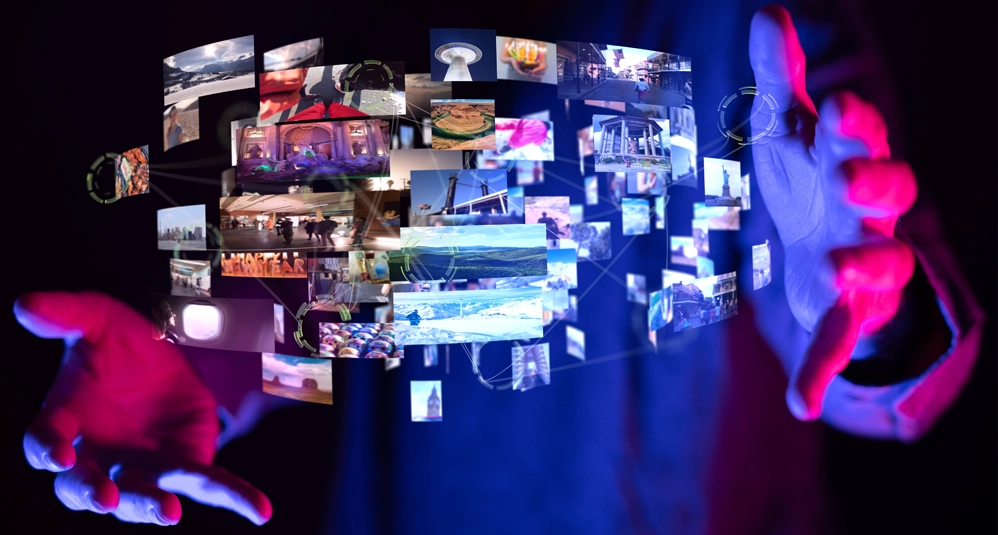Organising a music event can be both exciting and demanding, whether you’re planning a local gig, a charity concert, or a full-scale festival. Success depends on careful preparation across every stage of the process – from setting clear goals and managing your budget, to booking the right acts, securing licences, and promoting the event effectively. This article offers practical guidance for anyone interested in organising-a-music-event that truly resonates with audiences. With the right planning and a reliable team, your music event can be a standout experience from start to finish.
Author: Sam Garcia
The Importance of an Event Brief and How to Prepare One That Actually Works
An event brief is more than a planning formality—it’s the strategic foundation of any successful event. This guide explores what an event brief truly is, why it’s essential for aligning teams and vendors, and how to craft one that ensures clarity, focus, and measurable outcomes. With actionable tips, a breakdown of key components, and advice for working with providers, you’ll learn how to transform your vision into a well-coordinated event execution.
How to Calculate the Economic Impact of an Event Held On-Site
Understanding how to calculate economic impact of an event is essential for showcasing the true value your event brings to the local economy. This guide walks you through a step-by-step process—from defining the scope and collecting data to applying multipliers and using the right tools—so you can deliver accurate, evidence-based results. Ideal for organisers seeking to justify funding, attract sponsors, and make data-driven decisions that go beyond ticket sales.
What to Look For in the Best Survey and Polls Apps
In today’s digital age, survey and poll apps are essential for gathering feedback and engaging with your audience. Whether for business, education, or events, these tools offer accessibility, real-time analytics, and interactive features. This guide explores what to look for in the best survey apps and highlights Eventscase’s Digital Venue for live interaction. Find out how to choose the right app to meet your specific needs and enhance your feedback process.
Mastering Contact Sharing and Networking at Events
Networking at events has evolved with the integration of digital tools, making contact sharing more efficient. This blog explores the importance of networking, combining traditional methods with modern technology for optimal results. Discover the benefits of using lead retrieval systems from event apps for seamless contact management and personalised follow-ups. Whether you’re an introvert or a seasoned networker, these strategies will help you build lasting professional relationships and open doors to new opportunities.
Managing the Unexpected at an Event: Essential Tips and Strategies
Event planning requires careful attention to detail and adaptability. Managing the unexpected at an event is key to success and involves thorough planning, strong contingency plans, and clear communication. Learn how to turn disruptions into opportunities, ensure attendee safety, and build a flexible, resilient event planning team.
New Whitepaper: Emerging Technologies That Are Transforming the Events Industry
The events sector is being transformed by emerging technologies that enhance everything from planning to user experience. This post delves into how technologies such as virtual reality, artificial intelligence, and blockchain are reshaping event norms, focusing on their practical applications and benefits.
Best Practices in Creating Content for Events
Discover essential strategies for creating content for events, designed to engage your audience and enhance the experience. Learn how to make your next event unforgettable with our expert tips.
Mastering the Art of Preparing an Event Schedule: Essential Tips and Tricks
An event schedule is pivotal for the success of any gathering. This post delves into creating a comprehensive timeline that orchestrates all activities, sessions, and breaks effectively. With practical advice and strategic insights, you’ll learn how to manage overlaps, boost participation, and ensure a smooth experience for everyone involved. Discover the art of perfect scheduling to make your event outstanding.
How to Manage Virtual Queues for Event Registrations and Virtual Events
This article explores advanced methods for managing virtual queues in online registrations and events, offering solutions to enhance user experiences and optimise attendee flow. Learn how to implement effective tools and strategies to handle large volumes of participants digitally, ensuring a smooth and fair registration process for everyone.










